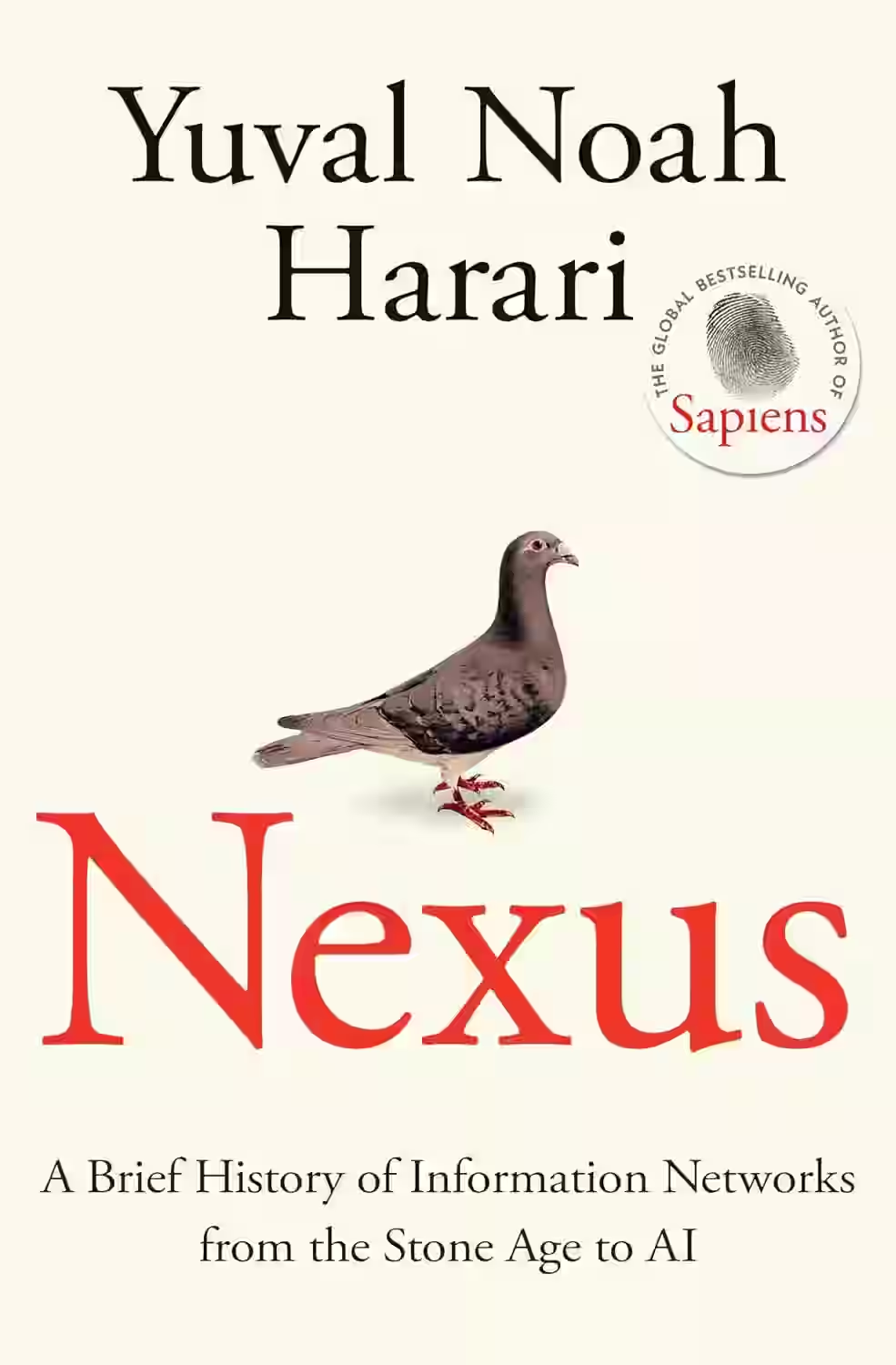
In a future where mind-enhancing nanotechnology connects brains like apps, a young scientist develops Nexus 5, a powerful upgrade that could revolutionize human evolution—or destroy it. Caught between shadowy government forces and post-human extremists, he must navigate a dangerous world of espionage, ethics, and power struggles. Fast-paced and thought-provoking, Nexus explores the limits of human potential and the morality of scientific progress in a near-future thriller that blends cyberpunk and biotech with philosophical depth.
About Yuval Noah Harari
An Israeli historian and author known for his thought-provoking and widely influential books on human history and the future. Works like Sapiens: A Brief History of Humankind and Homo Deus: A Brief History of Tomorrow offer sweeping narratives that explore the evolution of our species and the potential trajectories of our future. Harari's accessible and insightful writing has sparked global conversations about humanity's past, present, and future.
Other Books by Yuval Noah Harari
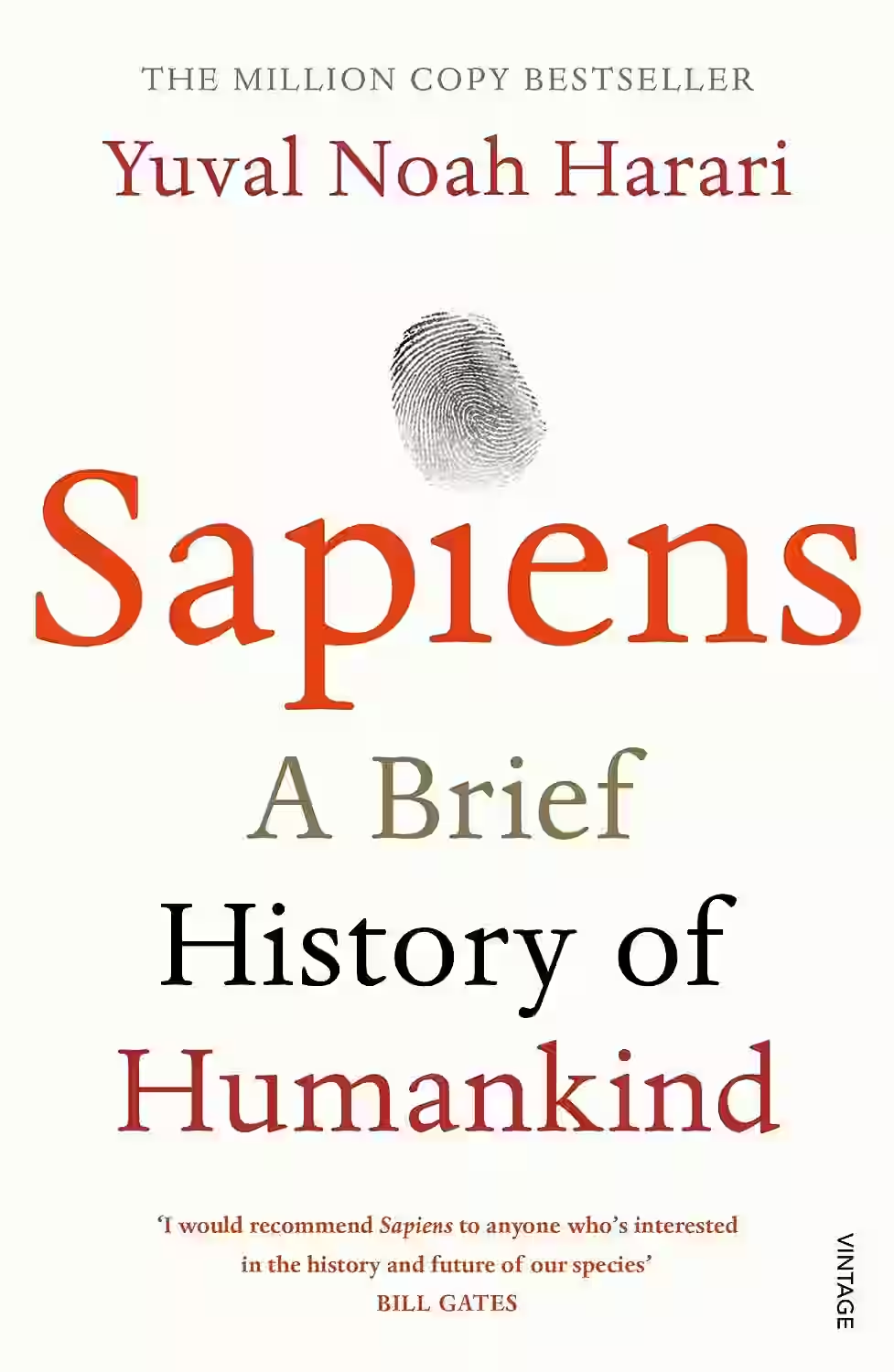
Sapiens: A Brief History of Humankind
Yuval Noah Harari's Sapiens charts the epic history of humankind, from early Homo sapiens to today's complex world. It explores the Cognitive, Agricultural, and Scientific Revolutions that defined our development. Harari examines the role of shared beliefs in enabling mass cooperation and questions the essence of our humanity and future. This insightful work offers a broad perspective on our origins, progress, and the challenges we face.
Similar Books
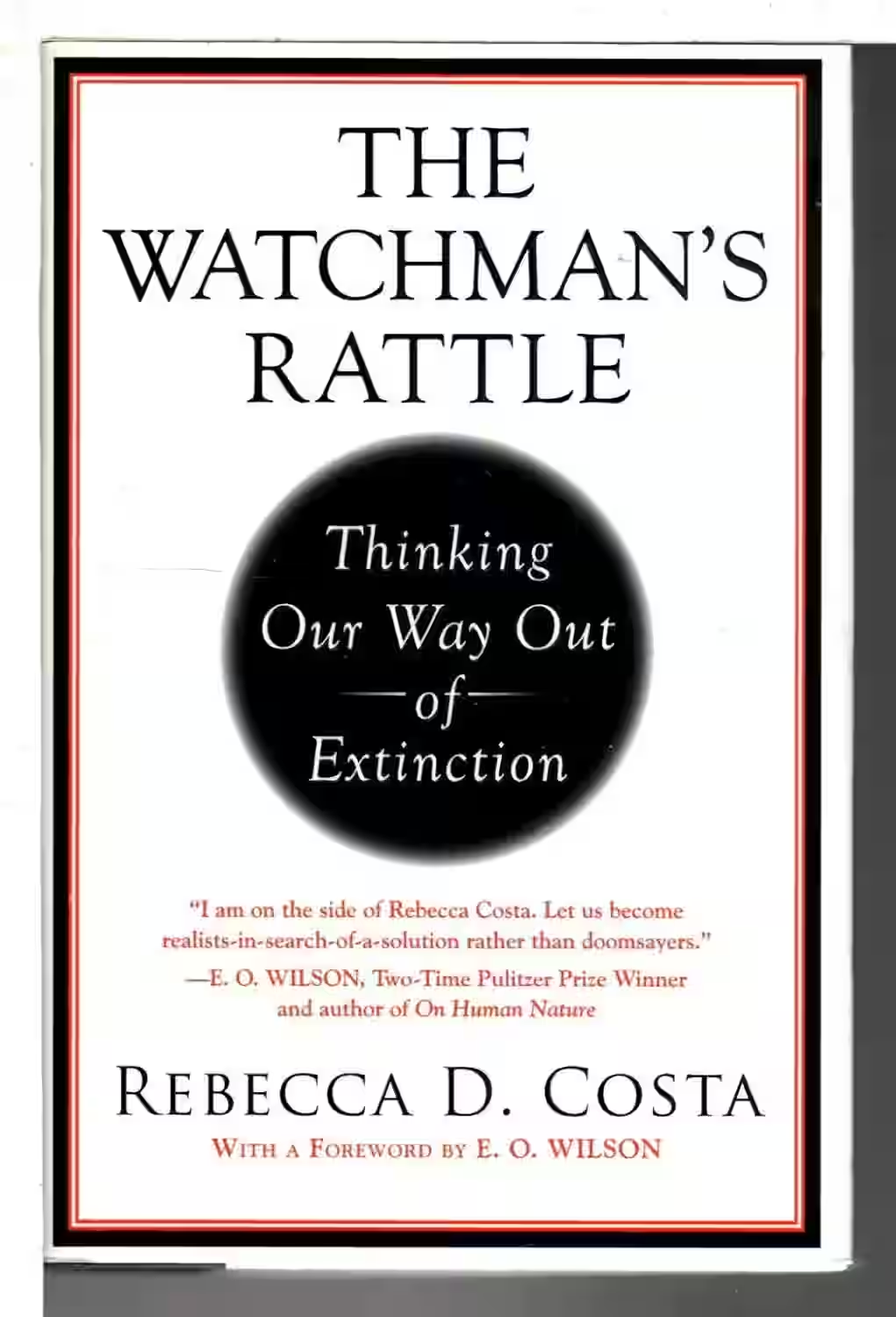
The Watchman's Rattle: Thinking Our Way Out of Extinction
Rebecca Costa’s The Watchman’s Rattle explores how civilizations collapse when complexity outpaces our ability to solve problems. Blending science, history, and psychology, she argues that as global crises become more complex, society risks paralysis unless we evolve our cognitive strategies. Costa introduces the idea of “cognitive threshold,” suggesting we must adopt new ways of thinking—such as intuition and pattern recognition—to survive modern challenges. The book links ancient failures with contemporary threats like climate change and global instability. It’s a call to embrace adaptive thinking before our most pressing problems become unsolvable.
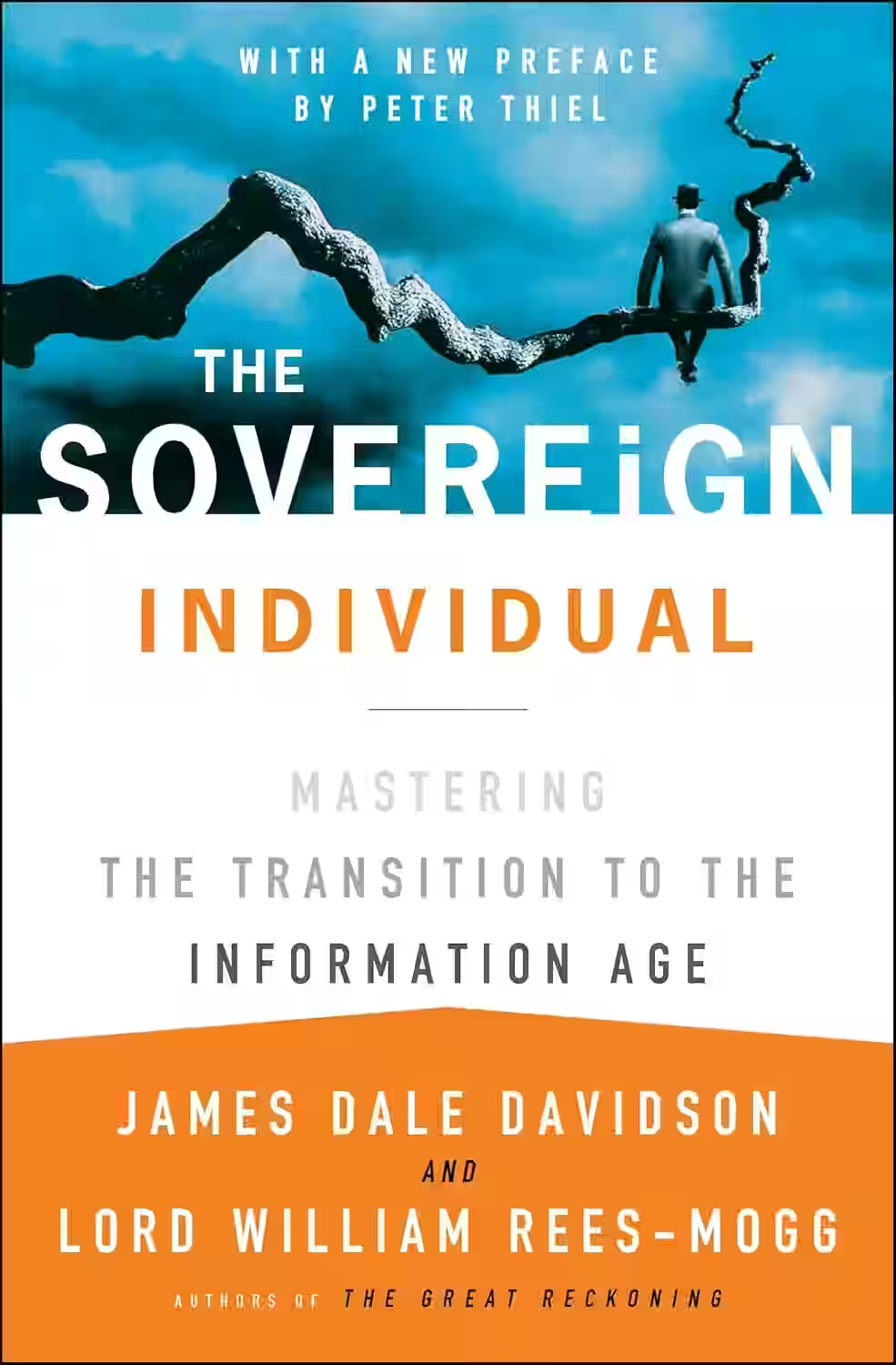
The Sovereign Individual
by James Dale Davidson, William Rees-Mogg
Published in 1997, The Sovereign Individual predicts the rise of the digital age and its impact on individual autonomy and state power. The authors argue that technological advancements, particularly the internet, will diminish the influence of governments and empower individuals to take control of their own lives. They foresee a future where traditional institutions are challenged, and personal sovereignty becomes paramount. This provocative work offers a foresightful analysis of the intersection between technology, economics, and personal freedom.
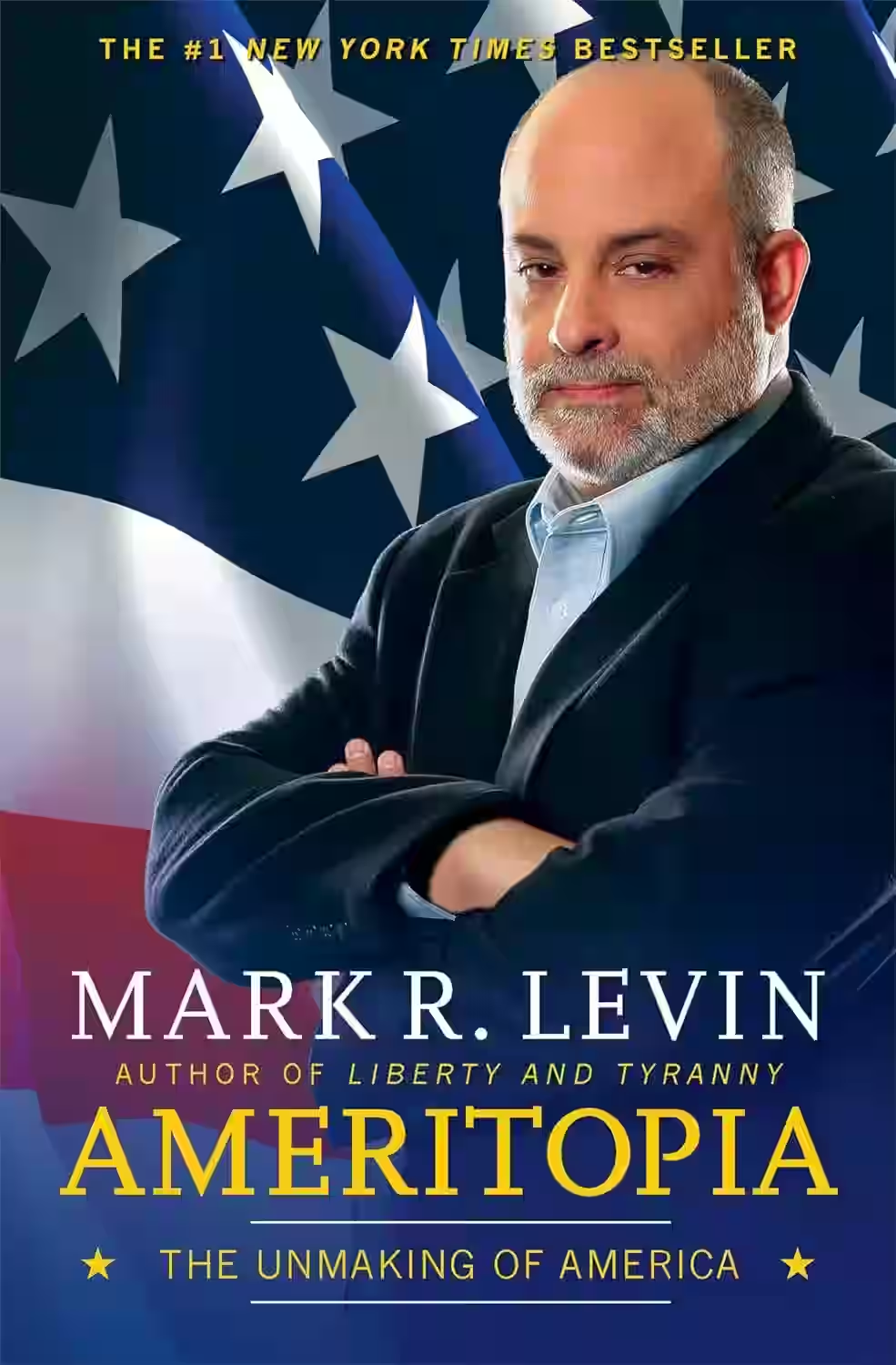
Ameritopia: The Unmaking of America
In 'Ameritopia: The Unmaking of America', Mark R. Levin delves into the philosophical foundations of the American political system and contrasts it with the Utopian ideologies that seek to erode individual liberties and constitutional constraints. Through a powerful blend of historical analysis and contemporary commentary, Levin investigates the dangers of centralized power, societal control, and the disregard for natural rights. Drawing parallels between the Founding Fathers' vision and the current political landscape, 'Ameritopia' serves as a thought-provoking exploration of the ongoing struggle between liberty and tyranny. With meticulous research and compelling arguments, Levin challenges readers to reflect on the significance of preserving the American principles of limited government and individual freedom.
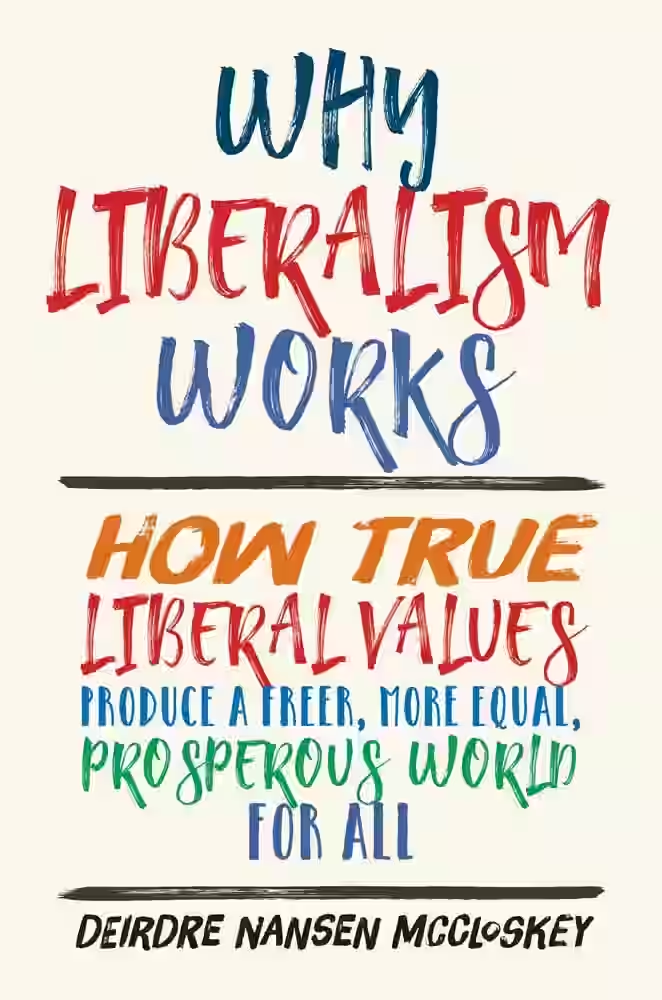
Why Liberalism Works
In Why Liberalism Works, economist and historian Deirdre McCloskey mounts a spirited defense of classical liberalism—the belief in individual liberty, free markets, and democratic governance. She argues that liberal ideas have lifted billions from poverty, expanded human rights, and created unprecedented prosperity. McCloskey critiques both right-wing nationalism and left-wing authoritarianism, warning against threats to liberal values. Blending historical analysis with economic insight, the book challenges modern skepticism toward capitalism and open societies. It is a timely reaffirmation of liberalism's moral and practical foundations, encouraging a renewed commitment to tolerance, innovation, and dignity for all individuals.